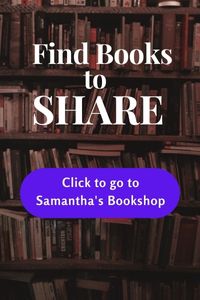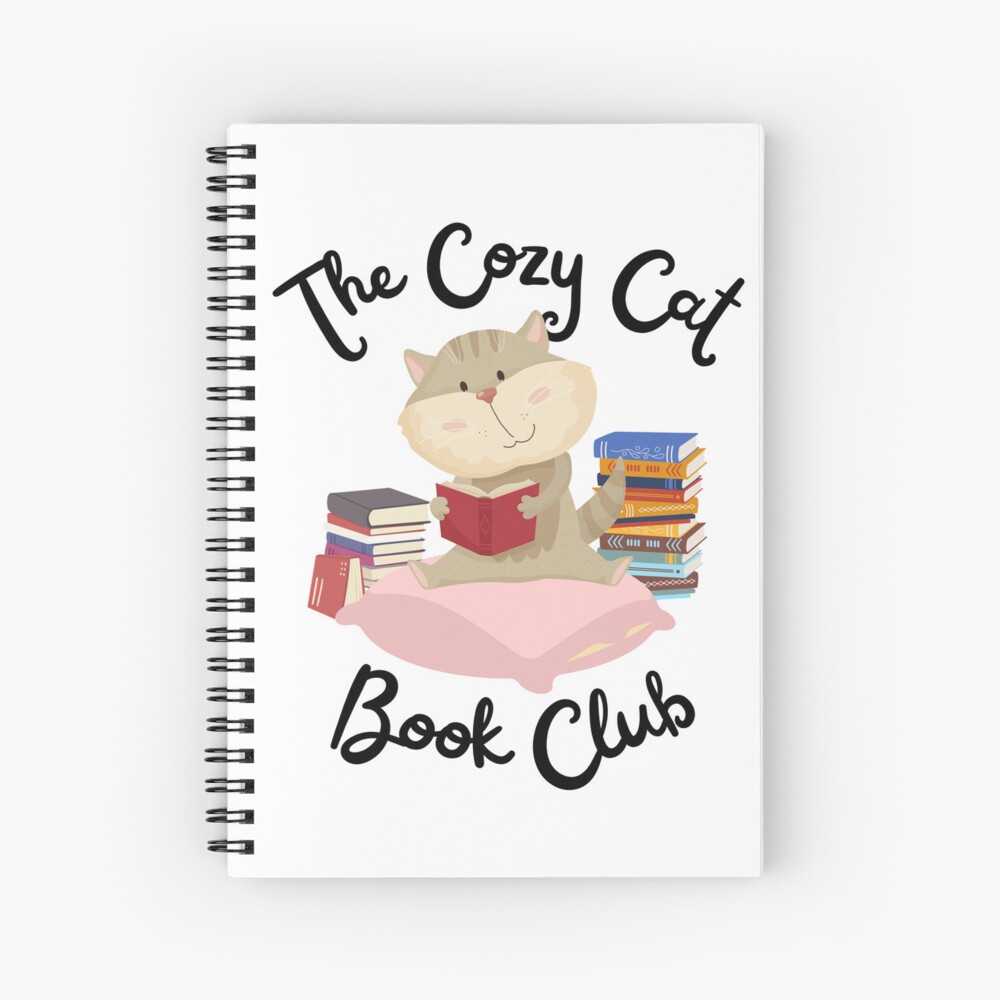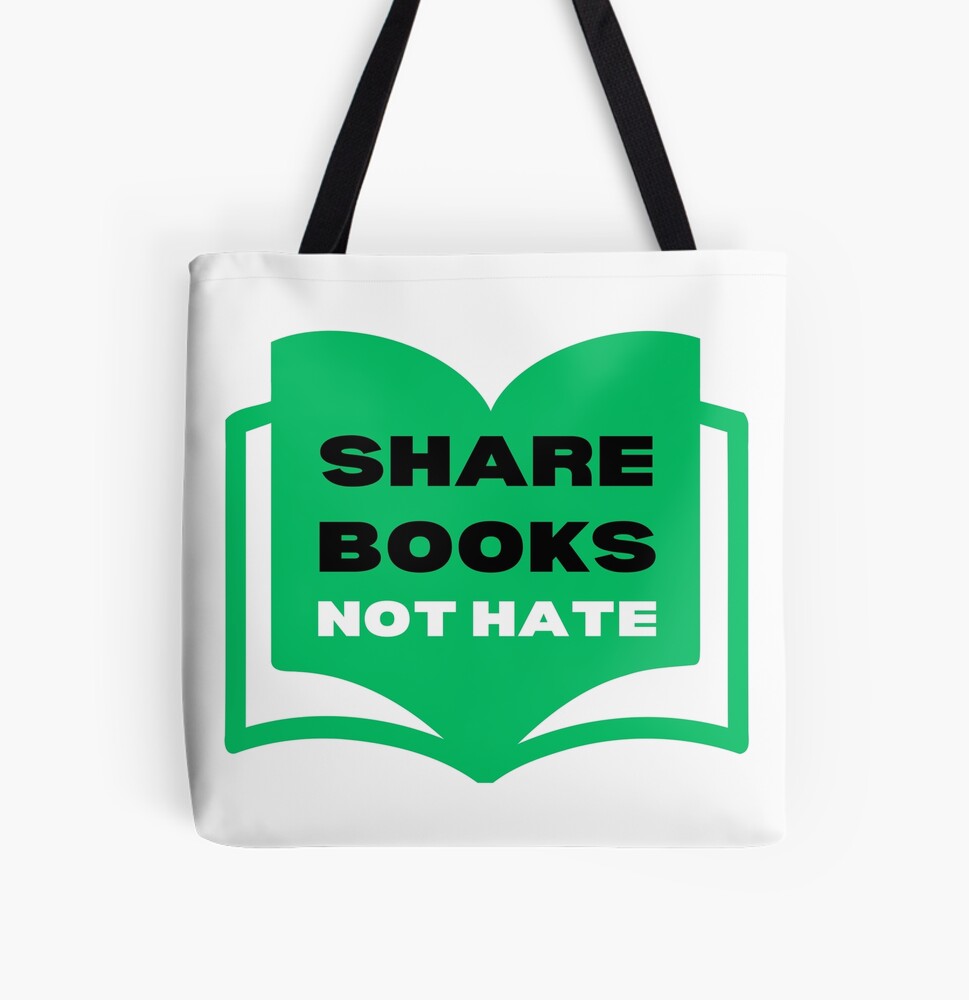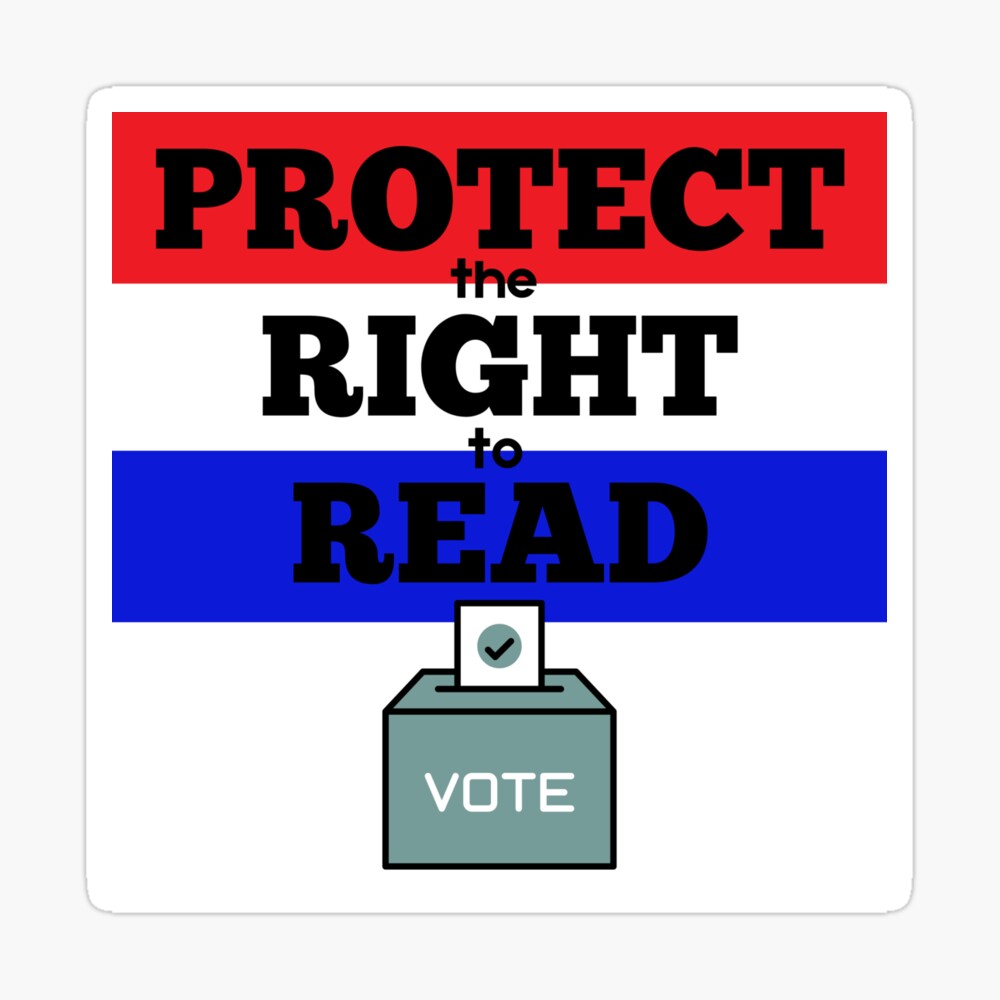Going into the Austin SCBWI chapter’s annual conference this weekend — it was great, by the way — I was curious to find out how middle-grade novels are selling in ebooks, as that’s what I write. I’ve seen lots of articles in the Publishers Lunch enewsletter saying that ebook sales are rocketing in adult books and even taking off in young adult, but I suspected that middle-grade was behind. According to Egmont‘s Elizabeth Law, I was right. She said they’re not seeing noticeable ebook sales in middle grade.
Even though MG is slower to this technology, it’s great to see ebooks being embraced so quickly. As I wrote in January, sales of ereaders were stellar for the Christmas season, with many places selling out. Although I still love — LOVE — physical books, whether a book is printed on paper or eink, it’s still a story. And if this new technology is enticing more readers to stories, that can only be good.
The new technology also is changing the publishing landscape. With ebooks, it’s easier than ever — and less expensive — to self-publish books. Author J.A. Konrath has written about this extensively on his A Newbie’s Guide to Publishing blog. He had gone the traditional route before he started publishing his books on his own as ebooks, but he gives good arguments of why that doesn’t matter. YA author Amanda Hocking is an example, selling more than 185,000 ebook copies of her self-published novels.
Now, I’m not saying all writers should stop submitting to agents and editors of traditional publishing houses and go it alone. There are definite advantages to being signed by an agent and getting your work published by someone else. Let’s face it, most writers are not so great at the business end. And throwing an ebook on Amazon or Barnes & Noble or wherever doesn’t automatically mean it will sell; there’s marketing, publicity … oh, and the book should be good (editors are invaluable) or repeat sales won’t be much.
But the advent of ebooks has made it easier for writers to take the publishing of their work into their own hands, and blogs and social networking make it easier to build publicity.
YA author Megg Jensen is trying just that with her novel Anathema. And so far, it looks like she’s off to a great start. The book launched on Tuesday, and as of Wednesday, she had already sold 50 copies. She’s hosting a contest right now where people can guess how many books she will have sold by March 11, and the main prize? An ereader. Now that’s what I call promoting future business.
What do you think? Would you be willing to read a book if it’s self-published, either in print or as an ebook?
Write On!








5 Responses
Thanks so much for mentioning me in this post. I agree 100% that MG isn’t a big winner in the e-book market … yet. I do, however, think that will change in the next year or two. As the price of e-readers fall, more people will buy them, for themselves and their children.
Is there anything wrong with traditional publishing? Absolutely not. I think writers need to dig deep inside themselves before deciding which path to take. Indie publishing isn’t for everyone, but for me, it’s been the best solution.
Best of luck!!! 😀
My pleasure, Megg. I agree. But it’s great to have that choice now. Good luck with you book.
I would read a self-published if it came recommended from a source I trust. I wouldn’t run out and get it if the buzz was all self manufactured.
This has been a hot topic in the blogosphere this week. I like your spin on MG.
I think it’s kind of a catch-22. Right now there are so few middle grade novels available for e-readers that it’s hard to get enthusiastic about buying them that way. But because they’re not being bought that way, there’s no incentive for publishers to use e-pub. Still, like you, I LOVE to read on my e-reader. And if I could get middle grade books on there, too, I’d read a lot more of them.
Those are cool tips, too, on self-publishing. I agree – it can definitely be a viable route for a novel that you can’t sell through traditional channels, kind of like indie musicians selling their work themselves via iTunes and other sites. It works for lots of them.
Yeah, Brooke, I agree. A self-published book still has to be able to stand up against the best traditionally published books in writing and story. Marketing is nothing if you don’t have a good product. And that’s true whether the book is self-published or comes from a publishing house.
Caryn, yeah, you’re right about MG books. If the ebooks aren’t there, people can’t read them. I think there’s a perception that only adults are using ereaders. Maybe that’s true — I don’t know — but I’m an adult and I read MG.
Comments are closed.